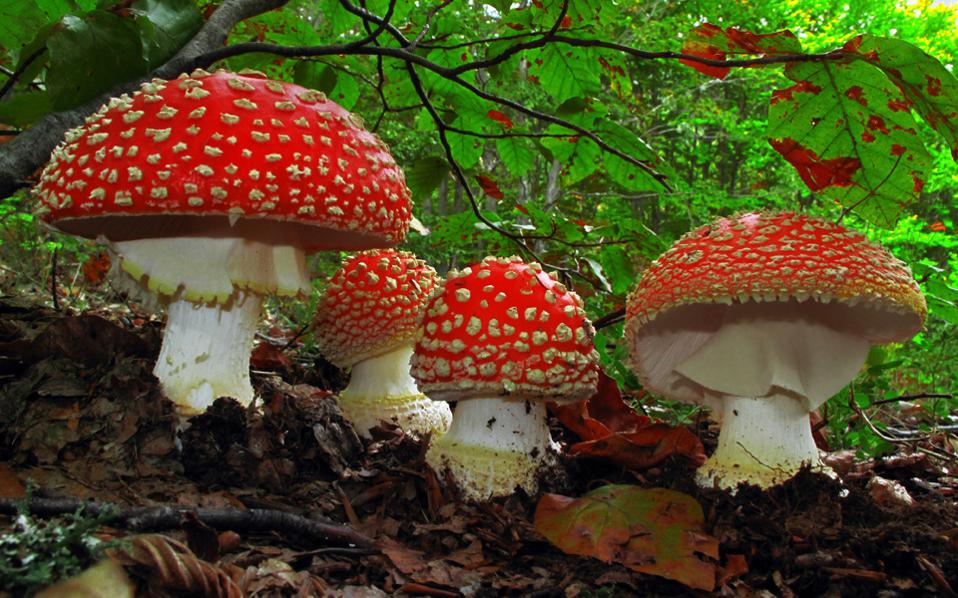First legal framework for Greek mushrooms

The first comprehensive legal framework for mushrooms in Greece has been compiled by the Environment Ministry. Among the issues discussed were collection methods, training seminars and the certification of mushrooms, so that imports do not end up being sold as Greek.
The working group was set up last summer and consists of specialists and executive management. “At this time, there is no specific legal framework for wild edible mushrooms in Greece, only regulatory provisions like those applicable to collecting herbs and which vary between local authorities,” explains Giorgos Konstantinidis, president of the National Association of Greek Mycophiles and a member of the working group. “As with all forms of natural wealth, mushroom collecting must be governed by law.”
As Konstantinidis explained, interest in Greek mushrooms has been growing over the last 15 years. “Throughout the country, we have established 10 mycophile clubs which have held more than 250 mushroom festivals that have been very well attended. We give everyone the opportunity to come to the forest to pick mushrooms and learn what’s edible and what’s dangerous. At the same time there are many, mostly family-run businesses involved in the collection, standardization, processing and sale of mushrooms, while we have catalogued around 60 Greek mushroom products, some of which are very original.”
The certification of mushroom collectors is one of the most requested measures. “It is important as this will ensure that the product which ends up on our tables is safe and, moreover, that it comes from our country and is not being passed off as Greek,” explains forester Rigas Tsiakiris of the Ioannina Forestry Department, who is coordinator of the ministry’s working group. The conclusions of the group are expected to be ready by February. “They describe the problems and the improvements that can be made and international experience, covering the collection and marketing of mushrooms to educate collectors, traceability and product certification and monitoring for public health.”
The certification for mushroom collectors, however, should not be prohibitive for the amateur collector. “We proposed to exempt residents of remote areas, who forage to cover their needs,” says Konstantinidis. “But those who collect mushrooms to sell to restaurants, shops or companies should be trained. At this time of year, there is great interest, since many can earn money by collecting and selling mushrooms.”





